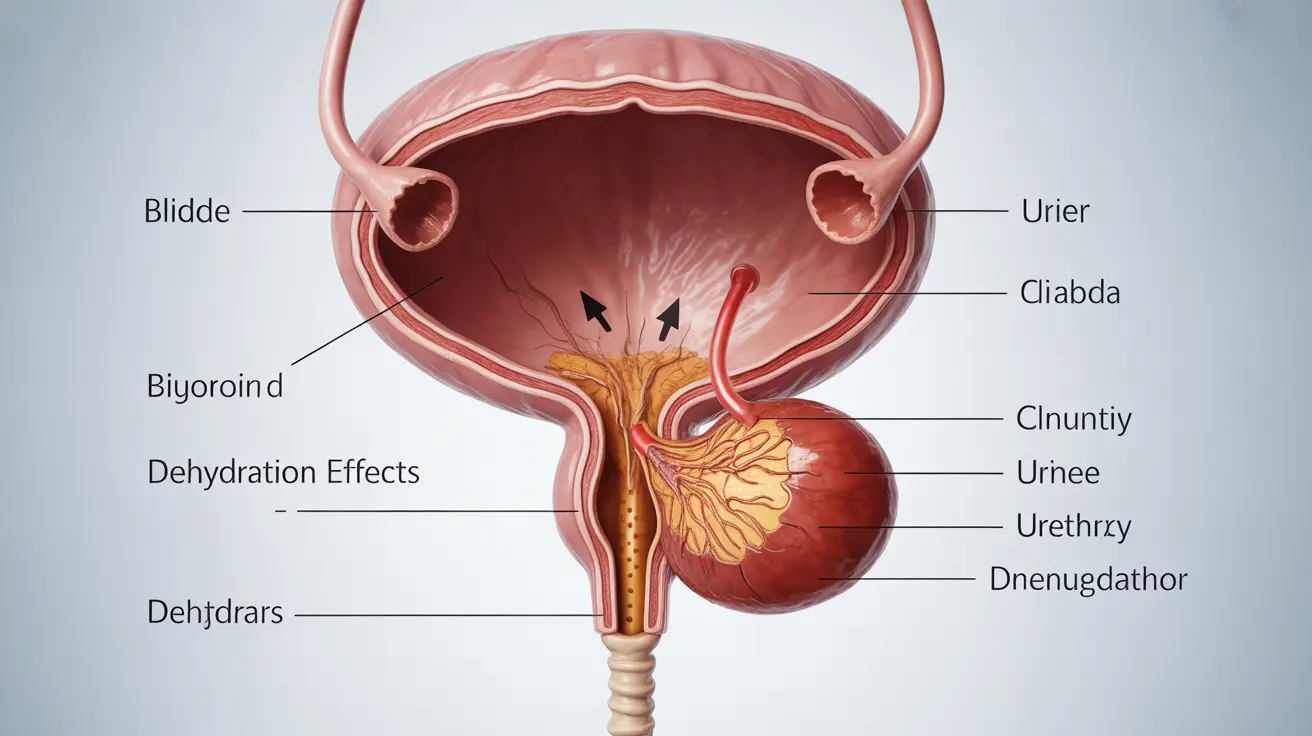Understanding which foods can help reduce cancer risk is crucial for maintaining long-term health and wellness. Research has shown that certain foods contain powerful compounds that may help prevent cancer development, boost immune function, and support overall health. This guide explores the most effective anti-cancer foods and explains how to incorporate them into your daily diet.
The Power of Antioxidant-Rich Foods
Antioxidant-rich foods play a vital role in fighting free radicals and protecting cells from damage that could lead to cancer. These nutrients help maintain cellular health and support the body's natural defense mechanisms.
Berries and Their Cancer-Fighting Properties
Berries are packed with powerful antioxidants called anthocyanins and other compounds that may help prevent various types of cancer. Blueberries, strawberries, raspberries, and blackberries contain high levels of these protective compounds. Regular consumption of berries has been linked to reduced inflammation and oxidative stress, two factors associated with cancer development.
Cruciferous Vegetables: Nature's Cancer Fighters
Cruciferous vegetables like broccoli, cauliflower, Brussels sprouts, and cabbage contain glucosinolates, which break down into active compounds that may help prevent cancer cell growth. These vegetables also provide essential nutrients that support immune function and overall health.
The Role of Leafy Greens
Dark leafy greens such as spinach, kale, and Swiss chard are rich in folate, fiber, and various cancer-fighting compounds. These nutrients help maintain healthy DNA and support proper cell division, potentially reducing cancer risk.
Powerful Spices and Herbs
Many common spices and herbs contain potent anti-inflammatory and anti-cancer properties. Turmeric, containing curcumin, has shown particular promise in cancer prevention research. Other beneficial spices include ginger, garlic, and cinnamon, which contain compounds that may help inhibit cancer cell growth.
Whole Grains and Cancer Prevention
Whole grains provide fiber, antioxidants, and other beneficial compounds that may help reduce cancer risk. Foods like quinoa, brown rice, and whole wheat contain lignans and other phytochemicals that support cellular health and may help prevent certain types of cancer.
The Benefits of Nuts and Seeds
Nuts and seeds are rich in healthy fats, protein, and compounds like selenium and vitamin E that may help protect against cancer. Regular consumption of walnuts, almonds, flaxseeds, and chia seeds can contribute to an anti-cancer diet.
Frequently Asked Questions
What are the best foods to eat to help prevent cancer and lower cancer risk?
The best cancer-fighting foods include berries, cruciferous vegetables, leafy greens, whole grains, nuts, and seeds. These foods are rich in antioxidants, fiber, and other beneficial compounds that help protect cells from damage and support immune function.
How do berries and cruciferous vegetables help protect against cancer?
Berries contain powerful antioxidants called anthocyanins that fight free radicals and reduce inflammation. Cruciferous vegetables provide glucosinolates, which break down into compounds that may prevent cancer cell growth and support cellular health.
Are there any spices or herbs, like cinnamon, that can help fight cancer?
Yes, several spices and herbs have anti-cancer properties. Turmeric (containing curcumin), ginger, garlic, and cinnamon contain compounds that may help prevent cancer cell growth and reduce inflammation. These can be easily incorporated into daily cooking.
What diet and lifestyle changes are most effective for reducing the risk of cancer?
The most effective changes include eating a varied diet rich in plant-based foods, maintaining a healthy weight, limiting processed foods and red meat, staying physically active, and avoiding tobacco and excessive alcohol consumption.
Can eating more whole grains, nuts, and leafy greens really make a difference in cancer prevention?
Yes, research suggests that regularly consuming whole grains, nuts, and leafy greens can contribute significantly to cancer prevention. These foods provide essential nutrients, fiber, and protective compounds that support cellular health and may help reduce cancer risk when part of an overall healthy lifestyle.




